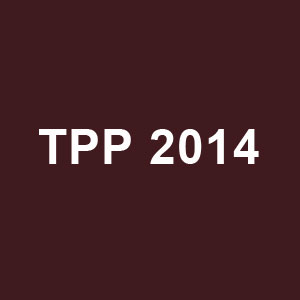Houseless in Paradise: Performing Social Change within and outside of Theatre
Judith Butler’s Excitable Speech accounts for the power of authority in performance while imagining an agency emanating from the margins, the locus of a theatre for social change. In November 2013, PlayBuilders intending to create social change, presented Houseless in Paradise, a play I constructed from the verbatim stories of dozens of homeless residents in Honolulu. It provided 1000 theatre-goers a safe, ritualized space for getting to know people living in spaces beyond societal control while simultaneously charging that theatrical space with the “grittiness” of these true stories.
Houseless employed a process similar to that of Fires in the Mirror, in which Anna Deavere Smith forged an aesthetic and political resolution within her body and virtuosic performance of a diverse set of characters embroiled in racial violence in New York, from the brother of a murdered Australian rabbinical student to the Caribbean American father of a boy run over by a Rabbi’s private ambulance. She did this both by the “deep libidinal surrender” to the language of others and by adding herself to more ironic performances.
A critical difference in Houseless is that the interviewees were performed by both professional actors and themselves (with the names and pictures of the interviewees overhead). One family learned from an actress that their niece had been sexually abused and tortured as a 7-year old by her stepfather. A homeless actor with HIV requested that the recorder be stopped during his interview because he kept “imagining an actor or myself sharing all this on stage.” Months later, he performed this interview verbatim, deciding he would then walk off stage delivering a new line: “This was a bad idea.” At intermission, someone would invariably ask, “Was that real or just part of the play?” The confusion speaks to the power of the play.
Dr. Mark Tjarks is an Associate Professor of English at Hawaii Pacific University in Honolulu, where he teaches playwriting, drama, and contemporary film and rhetorical theory. He attended a workshop by Pulitzer-Prize nominee Anna Deavere Smith in 2000, wrote an article on two of her riot plays the following year, and incorporated her techniques in a play about intercultural conflict in Hawaii called Ventriloquists, produced by two theatres in 2005. He is an award-winning playwright, who wrote Houseless in Paradise in 2013 after conducting over 60 interviews and compiling over 100 hours of audio files with both homeless residents and government and community leaders. The play was supported by government and private grants and honored by a State of Hawaii Senate Proclamation.

